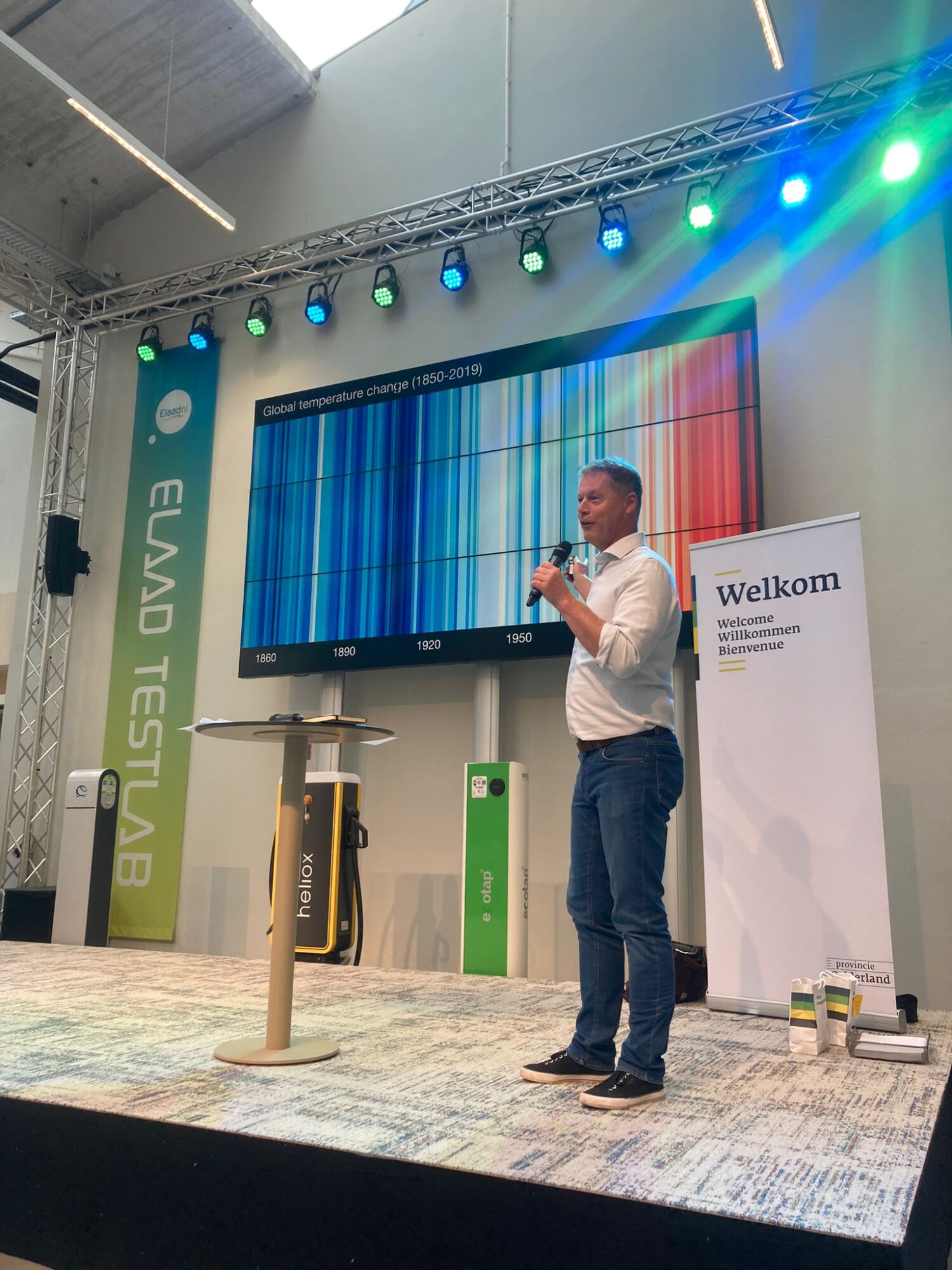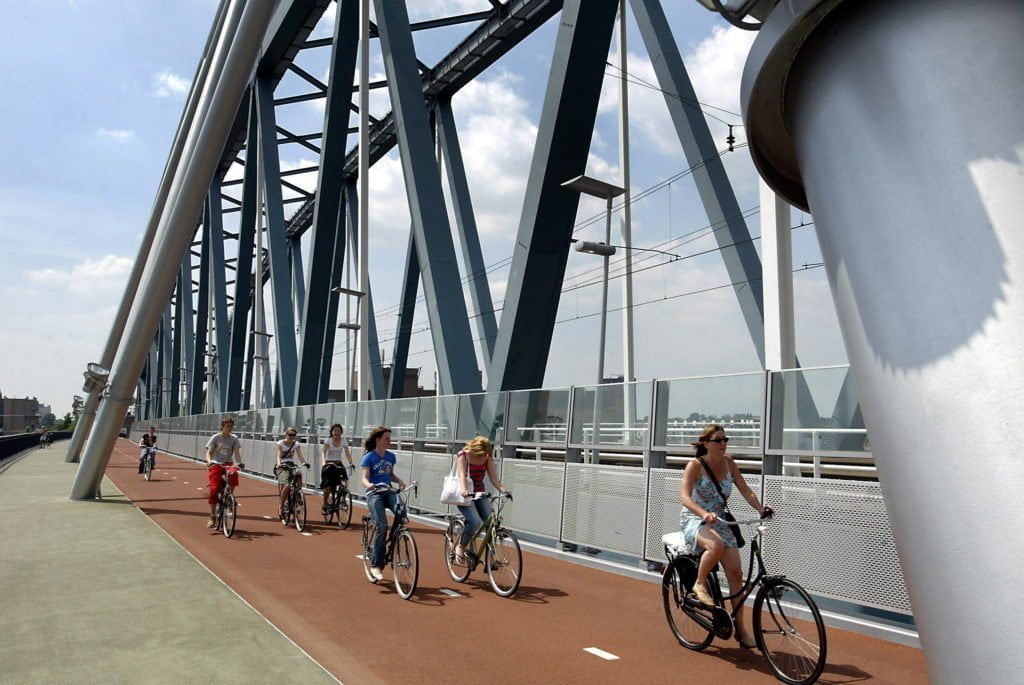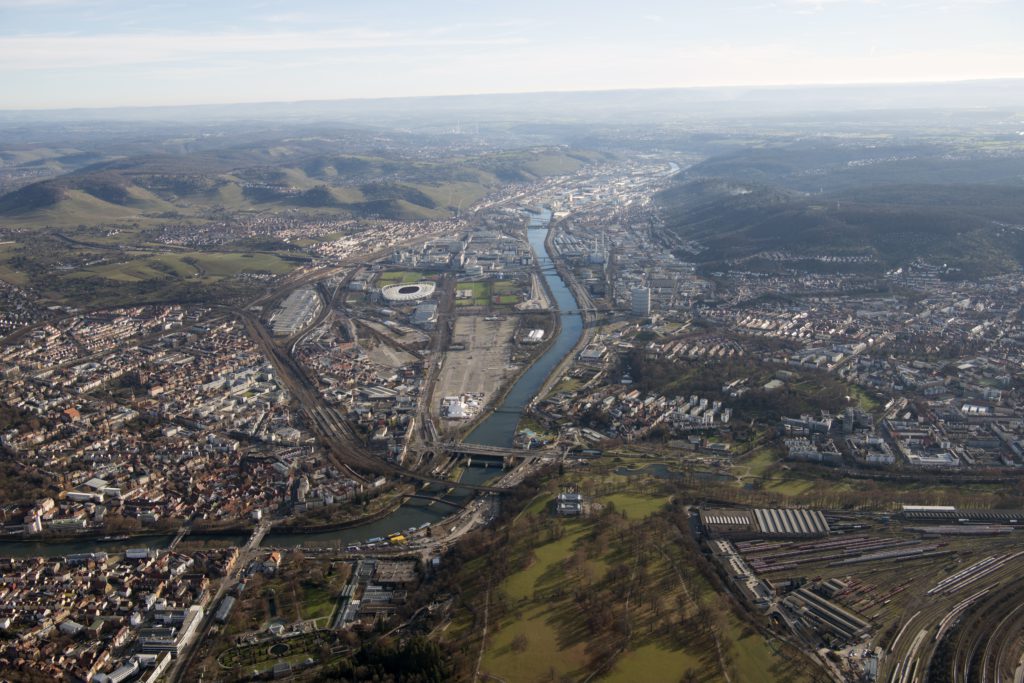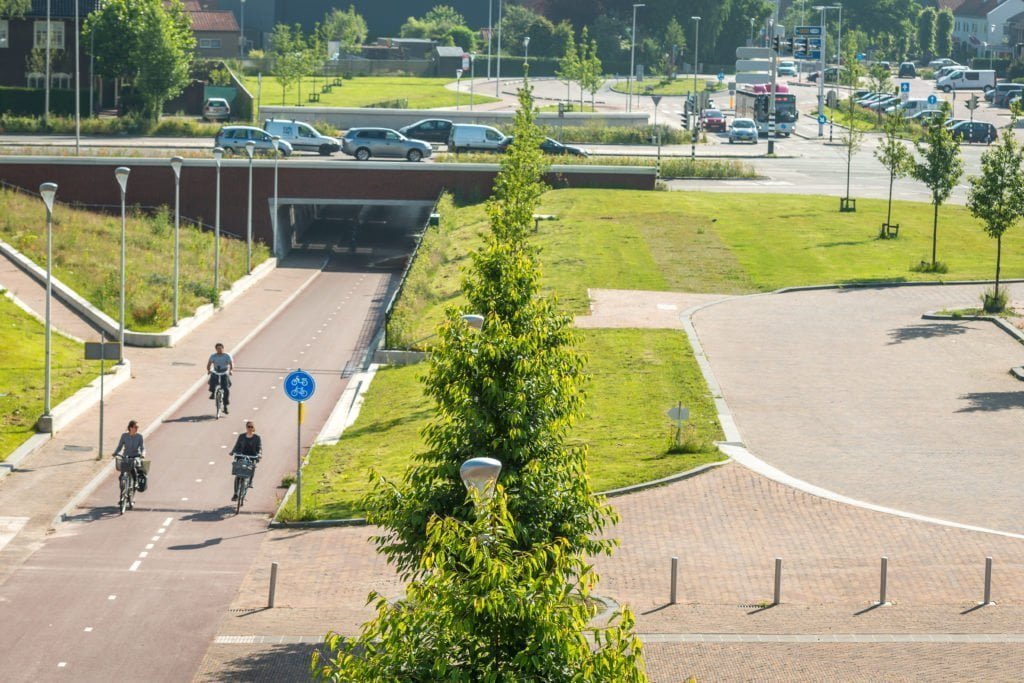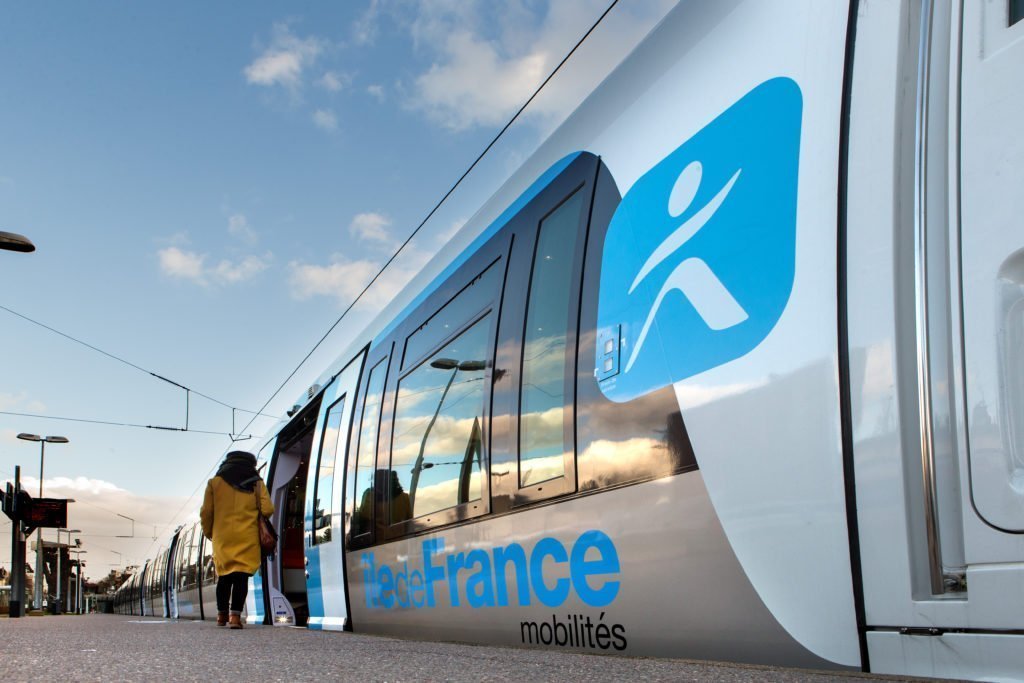Decarbonisation goes regional! POLIS’ Working Groups meet in Gelderland
POLIS' Regions and Clean Vehicles & Air Quality Working Groups joined for a two-day meeting in Gelderland, traversing the biggest topics shaping sustainable urban mobility.
The race is on to decarbonise urban mobility. Yet, many of our conversations focus on cities, and municipal actions and policies.
However, as debates about Low Emissions Zones, car sharing, electric charging infrastructure, and a host of critical transport issues play out, it becomes ever clearer that regional decision-makers and practitioners can — and must — play a critical role.
POLIS’ Regions and Clean Vehicles & Air Quality Working Groups united for a two-day meeting hosted by the Province of Gelderland, featuring panel discussions, workshops, and site visits traversing key issues shaping urban mobility in regions and cities.

Delegates debate! The meeting was hosted in the beautiful Province House in Arnhem
Exploring challenges for regions and cities
From monitoring and measuring mobility targets to implementing LEZs to managing budgets and funding, the meeting explored some of the pressing challenges facing regions, cities, and their partners.
It was an opportunity for practitioners, policymakers, and researchers to join together to debate and discuss. Across five sessions, speakers provided insights into the challenges shaping their region and the solutions they are finding.
Session one looked at how regions (and cities) are developing analysis and assessment mechanisms, what support is available from the European level, the key challenges, and how others can learn from these. Meanwhile, sessions two and three dived into how implementing more stringent Low Emission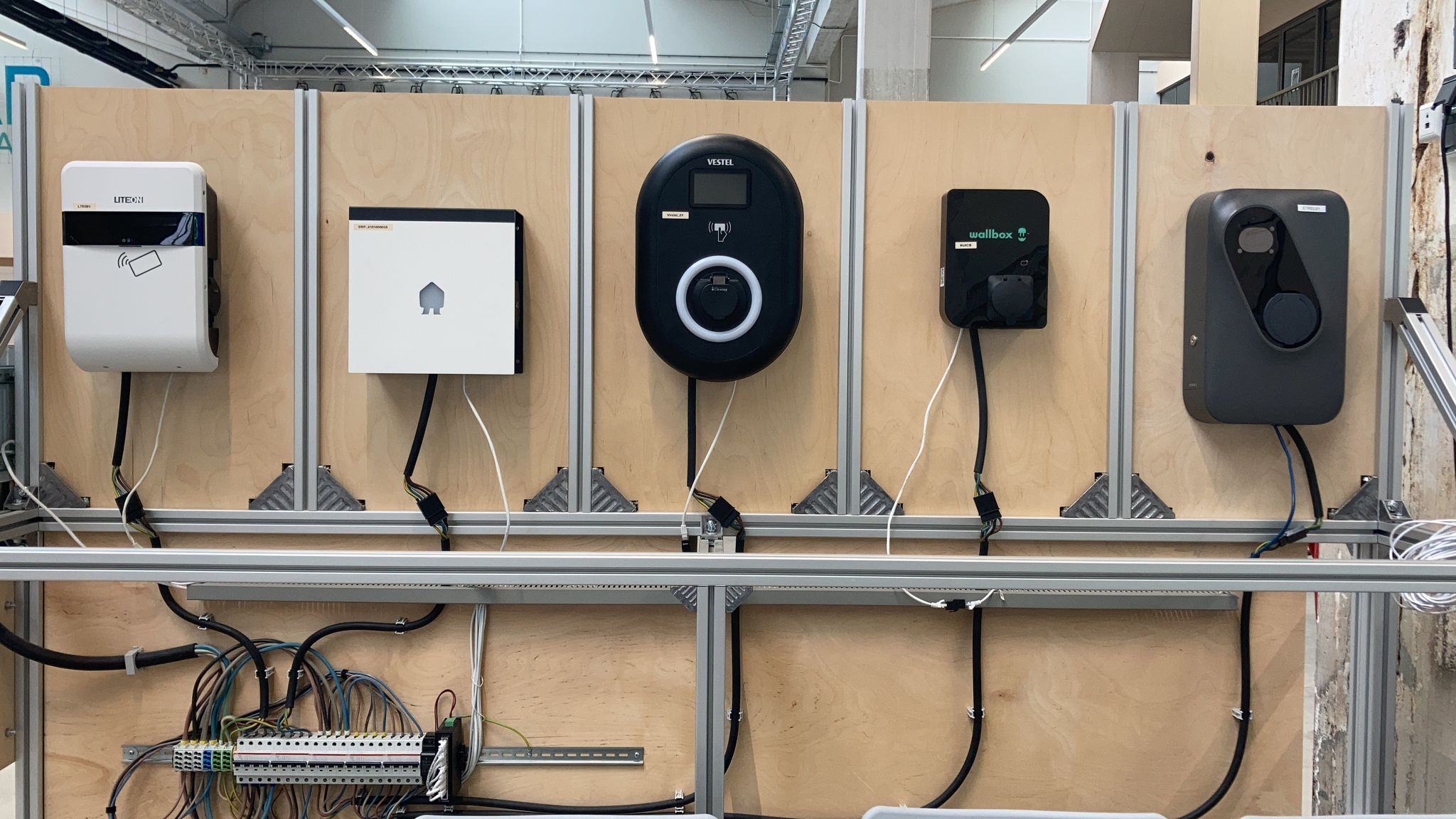 Zones/Zero Emission Zones at city-level impacts the surrounding regions and metropolitan areas, the cooperation models available, and how private and academic partnerships are established and coordinated with a particular focus on how this plays out in EV charging infrastructure.
Zones/Zero Emission Zones at city-level impacts the surrounding regions and metropolitan areas, the cooperation models available, and how private and academic partnerships are established and coordinated with a particular focus on how this plays out in EV charging infrastructure.
The following day, the event examined EV charging infrastructure and how public space must be aligned with cities’ and regions’ existing sustainable mobility strategies.
The final session of the event brought together many of the topics discussed across the two days, asking 'How can regions advance together?'
Establishing cross-departmental and public-private partnerships, as well as more comprehensive peer-to-peer learning is a key challenge for many — if not all.

Chelsea Tschoerner (Hessen Region) presented the strategies they are finding in their region, and debated the primary barriers and strategies for overcoming these.
